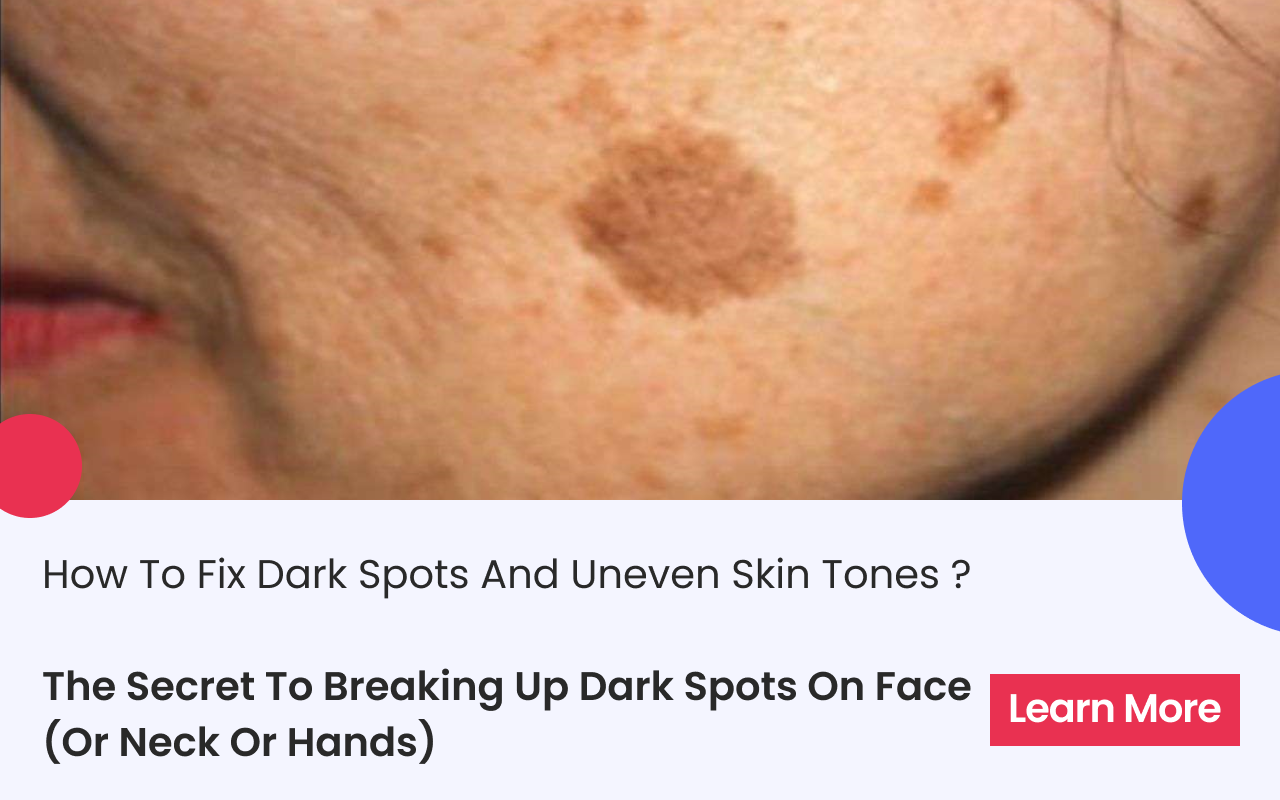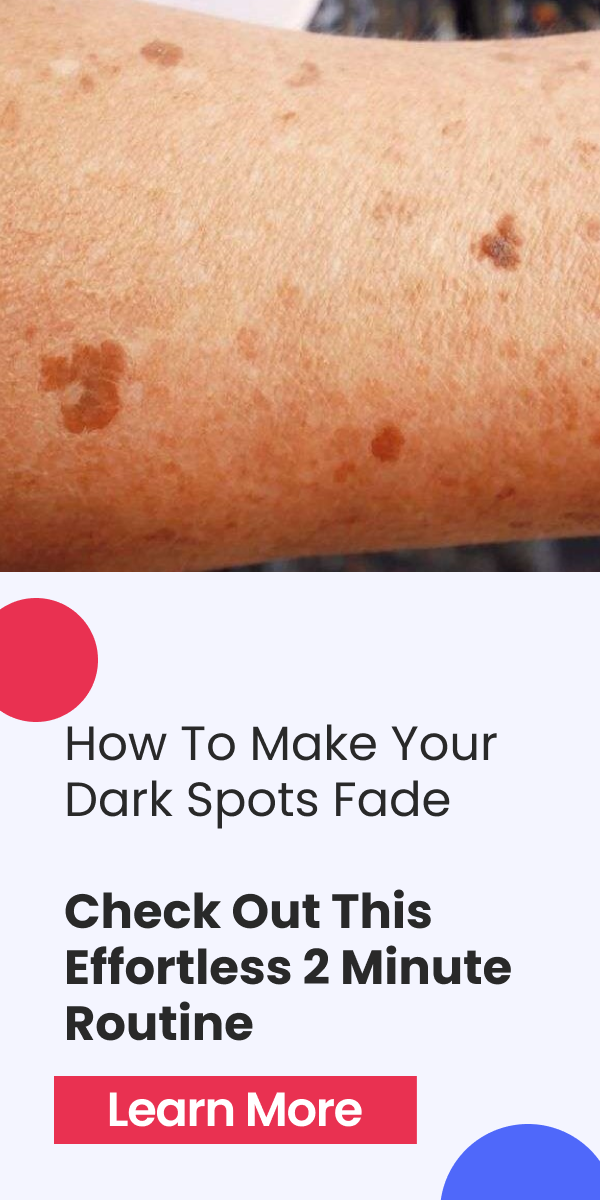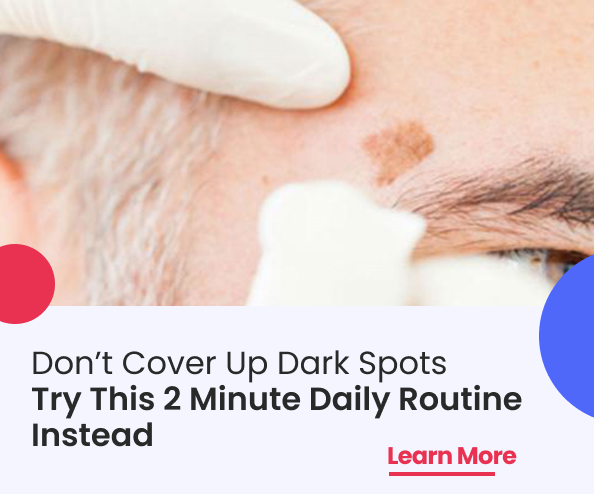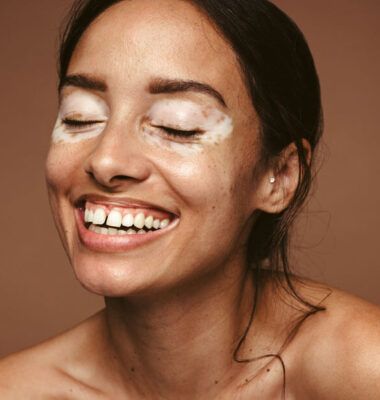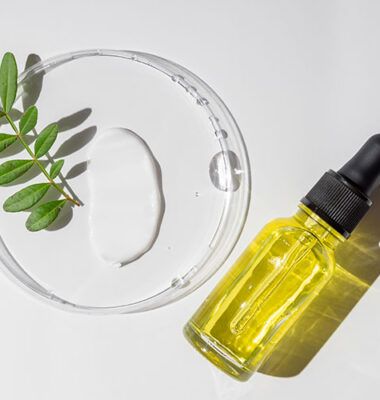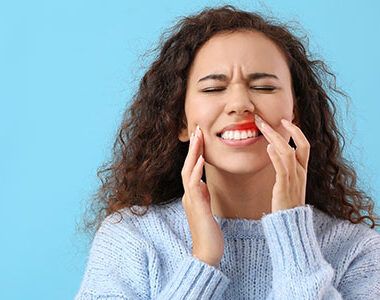Reveal Your Best Skin: The Benefits of Incorporating Tretinoin into Your Daily Routine
Fact checked
By Sanober Pezad Doctor, MD, Board certified Dermatologist | Expertise in Integrative & Holistic Dermatology
Last Updated on November 23rd, 2023 / Published on August 23, 2023
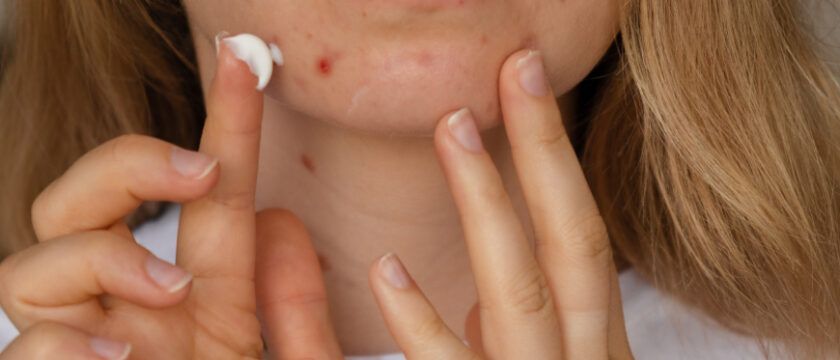
What comes to mind when you hear the word tretinoin? Do you imagine a teen using this ingredient for her acne or a woman for reversing her wrinkles? You’re right on track if you’ve already heard about tretinoin for such uses! Over 20 million people have used topical tretinoin to treat acne in the last 22 years.1
You may have tried tretinoin too, but maybe you stopped because your face felt dry and irritated after using it. Or you weren’t sure how to use it. But your search might be over if you’ve been looking for an ideal skincare ingredient to incorporate into your daily routine to tackle those fine lines or occasional zits that fail to leave your side.
In this article, we’ll dive deep into whether claims made about tretinoin are valid, and, if so, whether you can use it and how to start incorporating it into your skincare routine.
Tretinoin Unveiled: What It Is and How It Works
Tretinoin is a generic name for a medication derived from vitamin A (retinol). It’s also commonly known as all-trans retinoic acid.2
Topical tretinoin is an FDA-approved ingredient for treating acne. Doctors also use it to treat signs of photoaging,3,4 like fine wrinkles, facial skin roughness, and age spots.
Scientists don’t yet understand the mechanism of how topical tretinoin works.
Evidence shows that tretinoin binds with receptors in the skin, blocking the inflammatory pathway. It also helps in forming collagen type I, which is the main type of collagen present in the skin.5
But before we delve into how tretinoin helps with acne, let’s first understand what causes acne in the first place.
When your skin pores get plugged with sebum (the oily substance made by your skin’s glands), it causes acne. Your skin can also get blocked with dead keratin and commensal bacteria called Propionibacterium acnes (P. acnes).
So how does tretinoin help with acne? Tretinoin speeds up the turnover and shedding of dead skin cells. Doing so helps to get rid of comedones (also known as blackheads or whiteheads), which are the lesions you see when you have acne.
This is also how tretinoin helps the aging skin. By boosting cell turnover, the normal skin cycle, which slackens with age, gets optimized to renew and regenerate new skin cells.
Tretinoin’s Role in Boosting Collagen Production
When Dr. Kligman and his colleagues6 studied the usefulness of tretinoin in treating acne, they observed that topical tretinoin could potentially treat certain signs associated with damage caused by years of exposure to the sun. These signs are called photoaging.
Photoaging, a common concern today, is the effect of prolonged exposure to ultraviolet (UV) rays, resulting in premature skin aging. This exposure of the skin to UV radiations sets into motion a sequence of events leading to damage to various dermis components.
Two skin components, collagen and elastin, are responsible for the firmness and elasticity of your skin. Their damage results in your skin becoming rough, scaly, and wrinkled with pigmentation. Tretinoin can help your skin by:
- correcting any collagen deficiency caused by factors such as excessive UV exposure and aging5
- increasing the regeneration of new skin cells and boosting new collagen formation
- preparing the skin surface to allow better absorption of other ingredients and prevent further damage caused by external factors.
Who Should Use Tretinoin: Determining If It’s Right for Your Skin
While you may be able to get a retinol-containing product over the counter, remember tretinoin is a prescription medication, and it’s best to consider your doctor’s opinion about whether it is the right product for your skin.
Your dermatologist may not recommend tretinoin if you have susceptible skin or are prone to developing skin redness.
Pregnant women or those of child-bearing age are at an increased potential of fetal risk and contraception failure risk with the oral use of retinoids.
While there are no definite conclusions on the possible risk with the topical use of tretinoin, it is worth consulting your healthcare provider if you plan to start a family.
Tretinoin Skincare Routine: Dos and Don’ts for Optimal Results
Too much of a good thing may not yield the best results when it comes to tretinoin. The best way to incorporate topical tretinoin is by starting small and slowly.
Here are a few points worth considering before starting your journey with tretinoin.
- If you are new to this ingredient, start with the smallest concentration of tretinoin available (usually 0.01 or 0.025%).
- As your skin gets used to tretinoin application, you can work towards including higher-strength tretinoin.
- After cleansing your face and making sure your face is free from all makeup and dirt, apply a pea-sized amount over the entire face.
- Begin by including tretinoin into your routine one to two days a week.
- Gradually increase the number of nights until you become comfortable with its use daily.
- Including tretinoin in your PM skincare routine is best since any sensitivity you might experience can be taken care of immediately. A good night’s sleep allows adequate rest and repair for the product to perform its action optimally and for the body to respond to it at its best.
- Make sure to moisturize well after its application and throughout the day, especially if your skin feels dry or begins to flake.
- It is also essential to protect yourself from the sun and follow adequate sun protective measures since you do not want to reverse the effects performed by the use of tretinoin in the first place.
- When you begin, it is normal to experience slight redness and a tingling sensation. You may also experience mild flaking of the skin. But if it persists, you must discontinue its use and contact your healthcare provider immediately.
Tretinoin’s Multi-Faceted Benefits: Tretinoin for other Skin Conditions
While you may have considered tretinoin only when treating acne or preventing fine lines, you may be surprised to know that tretinoin is a major player in treating a few other skin conditions.
Melasma, a challenging situation to treat, is typically characterized by dark-brown patches, most commonly over the face, that can affect a woman’s confidence and quality of life to a great extent. Tretinoin significantly reduces the pigmentation associated with it when used with other effective topicals specific to the condition.
But that’s not all that tretinoin can do. A 2013 review analyzed 40 years’ worth of studies of tretinoin’s use in dermatology and found that topical tretinoin could accelerate wound healing and hair growth.7
The review also suggested that tretinoin effectively treats inflammatory skin disorders such as psoriasis and rosacea.
So while topical tretinoin may seem to be the holy grail for most common skin concerns, you can consider incorporating other topicals like a nutrient-filled polyphenol like the Dark Spot Fix*8 that may help target specific skin concerns. But consult your doctor first before using any topicals.
Takeaway
There is no doubt that topical tretinoin has proved its worth as the elixir for unlocking radiant skin.
Its use for decades has proven that it can treat acne and reduce fine lines and pigmentation associated with sun damage and aging.
Researchers continue discovering newer benefits, such as healing inflammatory skin disorders and promoting hair growth.
Remember that patience is key when it comes to topical tretinoin. While it can irritate the skin initially, and you may not see results for months, it can help promote smoother, healthier skin.
Always consult your doctor or dermatologist to find out if tretinoin is a good option for you, but if you are a beauty aficionado like I am, in all probability, I’m sure you already have!
*This is an affiliate link. We may receive a commission if you make a purchase after clicking on it.
References
- Thorne EG. Long-term clinical experience with a topical retinoid. Br J Dermatol. 1992;127 Suppl 41:31-36. doi:10.1111/j.1365-2133.1992.tb16985.x
- Schmidt N, Gans EH. Tretinoin: A Review of Its Anti-inflammatory Properties in the Treatment of Acne. J Clin Aesthet Dermatol. 2011;4(11):22-29.
- Rathi SK. Acne vulgaris treatment: the current scenario. Indian J Dermatol. 2011;56(1):7-13. doi:10.4103/0019-5154.77543
- Damery E, Solimando DA Jr, Waddell JA. Arsenic Trioxide and Tretinoin (AsO/ATRA) for Acute Promyelocytic Leukemia (APL). Hosp Pharm. 2016;51(8):628-632. doi:10.1310/hpj5108-628
- Kang S. The mechanism of action of topical retinoids. Cutis. 2005;75(2 Suppl):10-13.
- Kligman DE, Draelos ZD. High-strength tretinoin for rapid retinization of photoaged facial skin. Dermatol Surg.
- Rendon M, Dryer L. Investigator-Blinded, Single-Center Study to Evaluate the Efficacy and Tolerability of a 4% Hydroquinone Skin Care System Plus 0.02% Tretinoin Cream in Mild-to-Moderate Melasma and Photodamage. J Drugs Dermatol. 2016;15(4):466-475.
- Gundry Steven, The Dark Spot Fix, 2018

